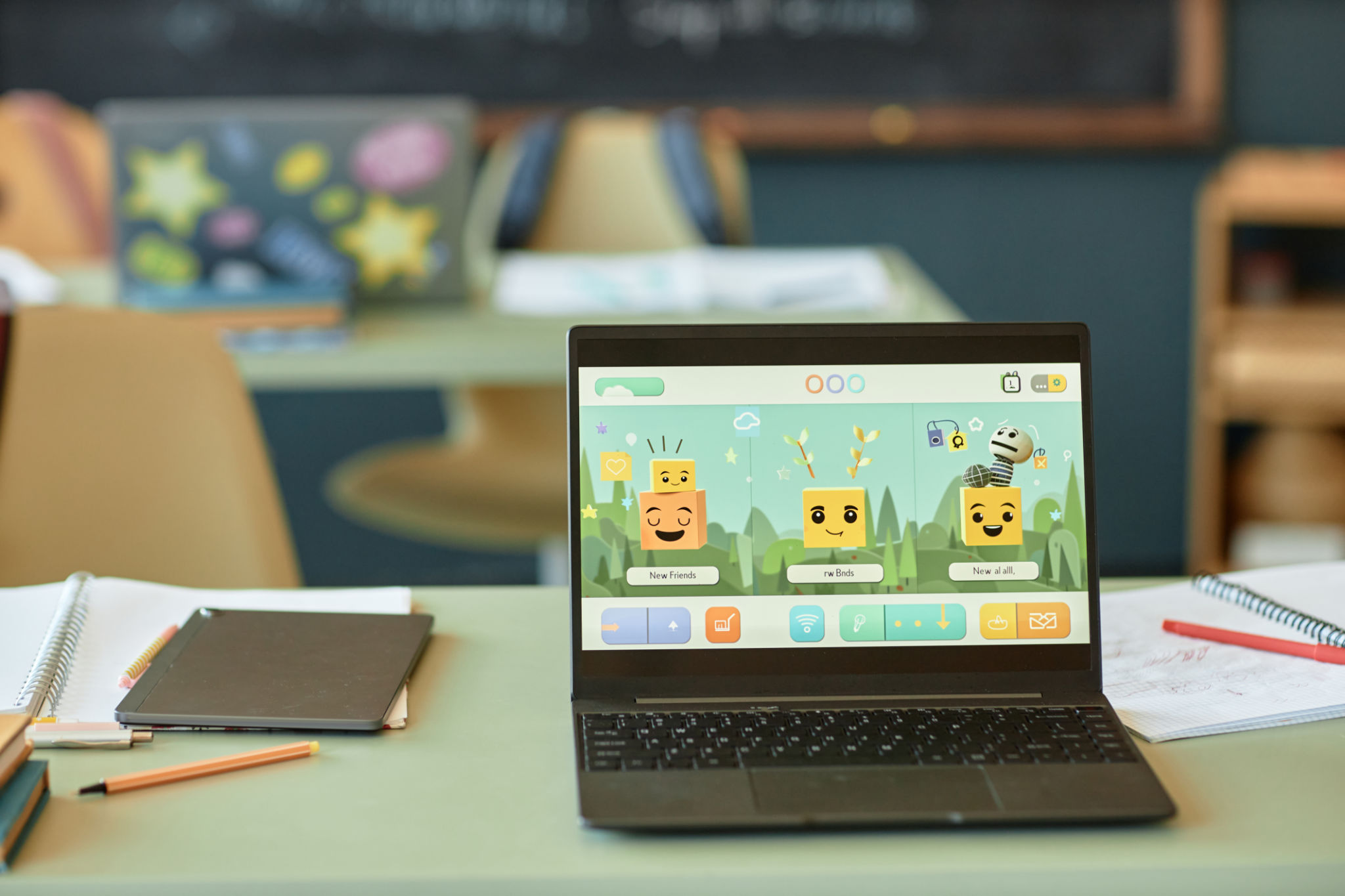The Future of Education: Trends in Student Progress Tracking
Introduction to Modern Student Progress Tracking
In recent years, the landscape of education has been undergoing a transformation, driven by technological advancements and innovative educational practices. One of the most significant areas of change is in student progress tracking. The traditional methods of tracking student performance are being replaced by more dynamic and interactive systems that offer a comprehensive view of a student's learning journey.
These modern systems not only provide educators with valuable insights into student progress but also empower students to take charge of their own learning. As we look to the future, several trends are emerging that are likely to shape the way student progress is tracked and assessed.

Data-Driven Insights
The shift towards data-driven education is one of the most prominent trends in student progress tracking. With the integration of data analytics, educators can now access detailed reports and analyses of student performance. This data empowers teachers to identify learning gaps, tailor instruction to individual needs, and provide targeted interventions.
Moreover, data-driven insights allow educators to predict future performance trends, enabling proactive measures to support student success. By leveraging these insights, schools can foster a more personalized learning environment that caters to the unique needs of each student.
The Role of Learning Management Systems
Learning Management Systems (LMS) play a crucial role in facilitating data-driven education. These platforms serve as centralized hubs where educators can track student progress, manage assignments, and communicate with both students and parents. The integration of LMS with data analytics tools further enhances the ability to monitor and assess student progress effectively.

Personalized Learning Pathways
Another exciting trend in student progress tracking is the move towards personalized learning pathways. As educational technology evolves, there is an increasing emphasis on creating customized learning experiences that cater to individual student strengths and weaknesses.
By utilizing adaptive learning technologies and artificial intelligence, educators can design personalized learning pathways that adjust in real-time based on a student's performance. This approach not only enhances engagement but also ensures that each student can progress at their own pace, ultimately leading to improved educational outcomes.
Gamification and Engagement
Gamification is emerging as a powerful tool for enhancing student engagement in progress tracking. By incorporating game-like elements into the educational process, educators can motivate students to participate actively in their learning journey. This approach helps in making the learning process more enjoyable and encourages students to achieve their academic goals.

Real-Time Feedback and Communication
The importance of real-time feedback in education cannot be overstated. Modern progress tracking systems provide students with instant feedback on their performance, allowing them to understand their strengths and areas for improvement immediately. This timely feedback fosters a growth mindset, encouraging students to take ownership of their learning.
Furthermore, these systems enhance communication between educators, students, and parents. By providing regular updates on student progress, parents can stay informed about their child's academic journey and work collaboratively with educators to support their success.
The Future Outlook
As educational technology continues to evolve, the future of student progress tracking looks promising. The integration of advanced technologies like artificial intelligence, machine learning, and blockchain will further revolutionize how we track and assess student performance. These innovations have the potential to create an even more personalized and efficient educational experience for students worldwide.
In conclusion, the future of education lies in embracing these technological advancements and leveraging them to enhance student progress tracking. By doing so, educators can ensure that each student receives the support they need to succeed in their academic journey.
